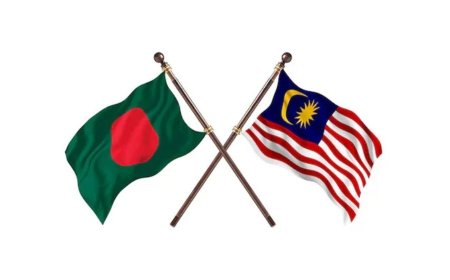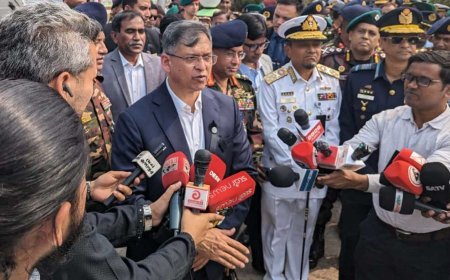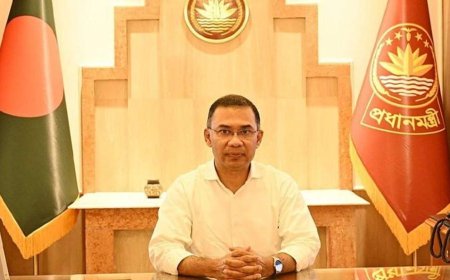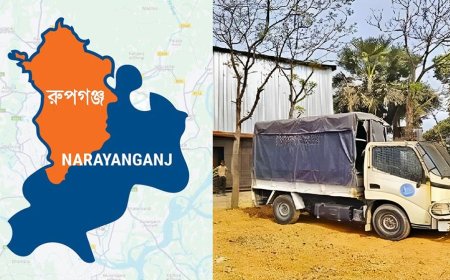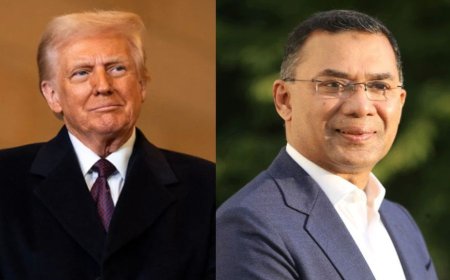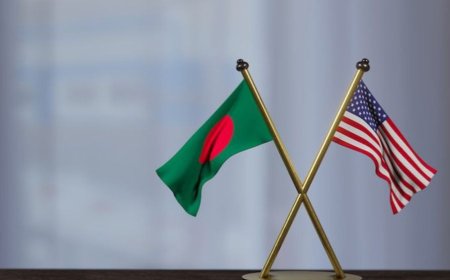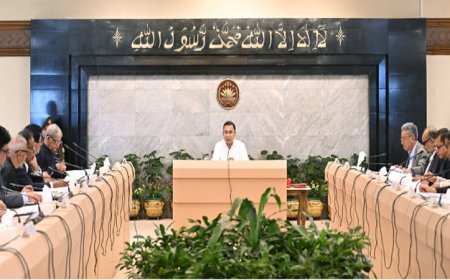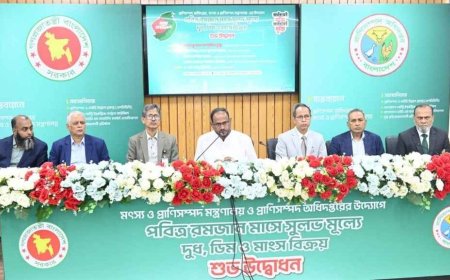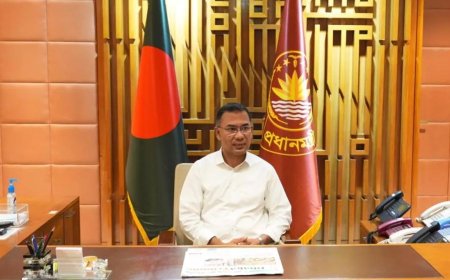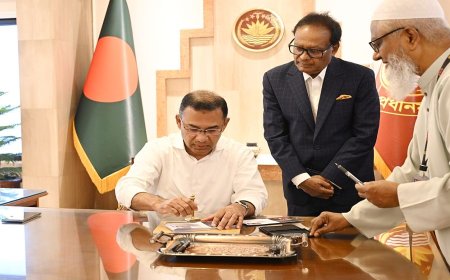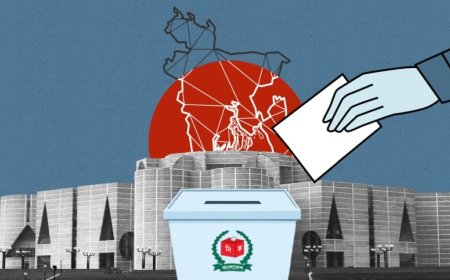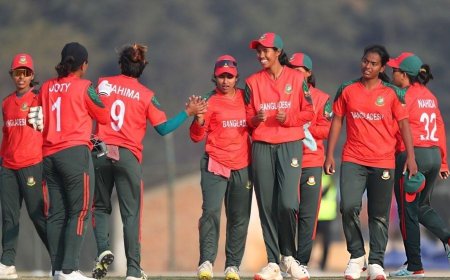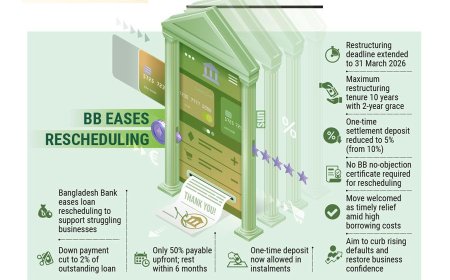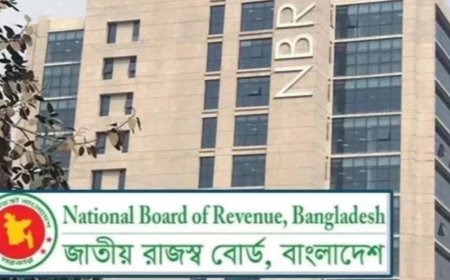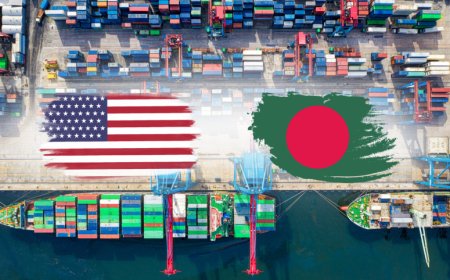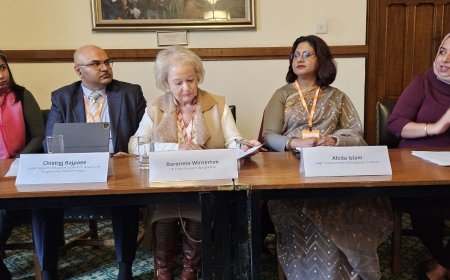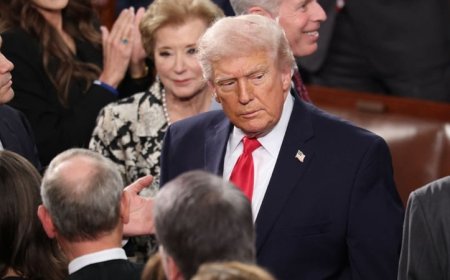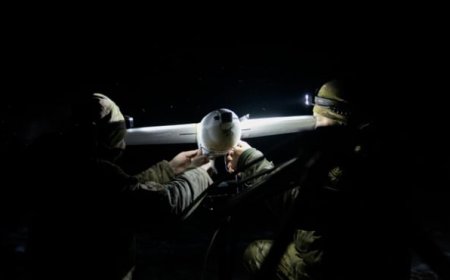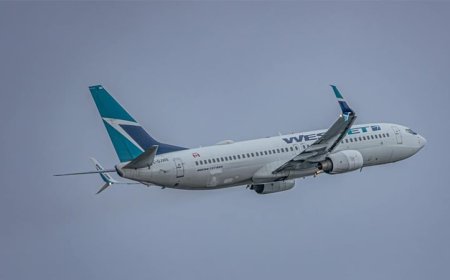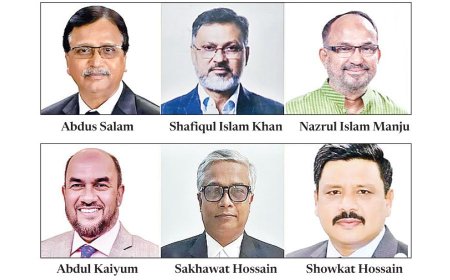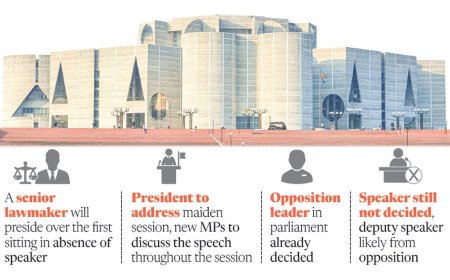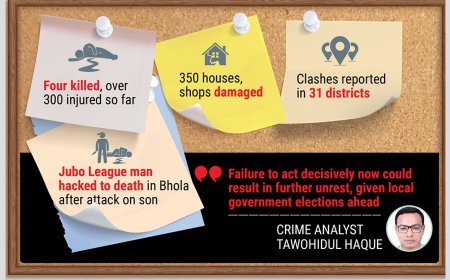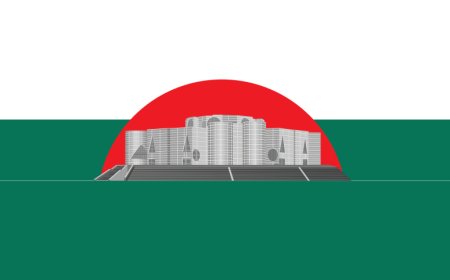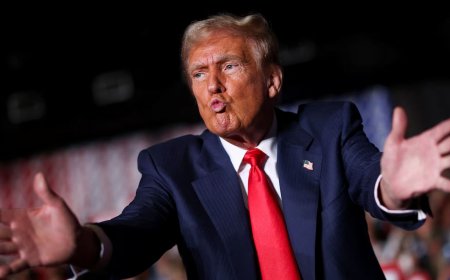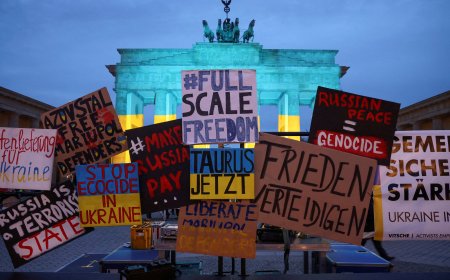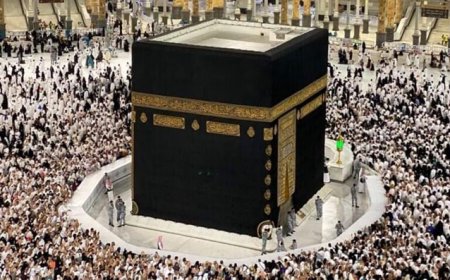The UN Security Council has approved a US-backed resolution endorsing President Trump’s proposed plan for Gaza
The UN Security Council has approved a US-backed resolution endorsing President Trump’s proposed plan for Gaza.
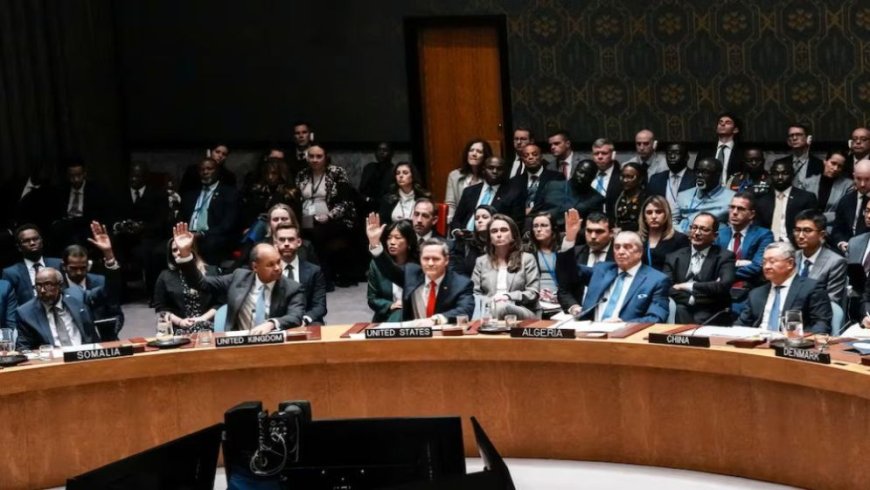
The UN Security Council has approved a US-drafted resolution endorsing President Donald Trump’s 20-point plan for Gaza.
A central feature of the plan is the creation of an International Stabilisation Force (ISF), which Washington says several unnamed countries have already offered to support.
Thirteen Council members — including the UK, France and Somalia — voted in favour. No country opposed the text, while Russia and China abstained.
A spokesperson for UN Secretary-General António Guterres called the adoption “an important step in consolidating the ceasefire.” Hamas, however, rejected the resolution, arguing that it undermines Palestinians’ rights and imposes an unwanted international custodial mechanism on Gaza.
In a statement on Telegram, Hamas said the proposal “places Gaza under international guardianship,” and claimed that assigning the ISF operational authority in the territory, including responsibility for disarming resistance groups, strips the force of neutrality and aligns it with Israel.
Under the resolution, the ISF will coordinate with Israel and Egypt as well as a newly trained Palestinian police force to secure border areas and oversee the permanent disarmament of non-state armed groups, including Hamas — a shift from the current Hamas-controlled policing structure.
US Ambassador to the UN Mike Waltz told the Council that the ISF would “secure the area, support Gaza’s demilitarisation, dismantle terrorist infrastructure, remove weapons, and protect Palestinian civilians.”
The Security Council also approved the establishment of a transitional governing body called the Board of Peace (BoP), which will supervise a technocratic Palestinian committee, manage Gaza’s reconstruction, and oversee delivery of humanitarian aid. Reconstruction funding will come via a World Bank–backed trust fund.
Both the ISF and the BoP will operate alongside Palestinian institutions under the terms of the resolution.
Trump hailed the vote as “historic,” saying it amounted to formal recognition of the BoP, whose final membership — which he is expected to chair — will be announced shortly. He said the approval “will lead to further peace around the world.”
After strong lobbying from several Council members, the adopted text includes reference to a credible path toward Palestinian self-determination and eventual statehood. Israel remains staunchly opposed to a Palestinian state, posing a significant obstacle to that goal. Arab states had pushed to ensure the resolution’s language affirmed Palestinian political rights.
The UN chief’s spokesperson emphasised that the resolution must now translate “into concrete, urgently needed steps on the ground” and spur “a political process toward a two-state solution.”
The US, the Palestinian Authority (PA), and several Arab and Muslim-majority countries — including Egypt, Saudi Arabia, and Turkey — urged rapid adoption. The PA said implementation must proceed “urgently and immediately.”
Russia and China abstained rather than veto, citing support from the PA and eight Arab and Muslim states, though both criticised the text for lacking detail on key mechanisms, for limiting UN involvement, and for not explicitly reaffirming a firm commitment to a two-state solution.
The first phase of the plan — a ceasefire between Israel and Hamas and the exchange of hostages and detainees — began on 10 October. Waltz described it as a “fragile first step.”
Trump’s plan paused the fighting that had continued since the Hamas-led 7 October 2023 attack on Israel, which killed about 1,200 people and saw 251 taken hostage. According to Gaza’s Hamas-run health ministry, more than 69,483 Palestinians have been killed by Israeli military operations since then.
What's Your Reaction?







